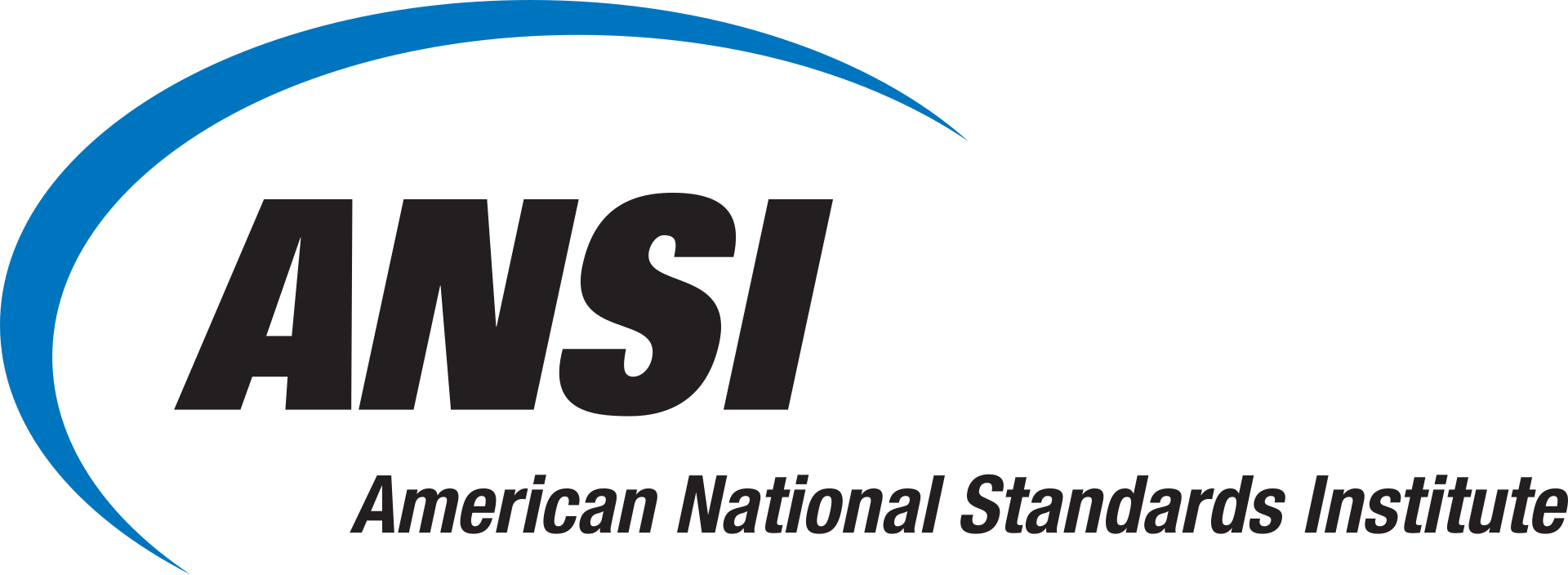Why Is ISO 9001 the Universal Standard?

ISO 9001 is a globally recognized and widely adopted standard for Quality Management Systems (QMS)—a formalized system that defines and documents an organization’s processes, procedures, and responsibilities for achieving quality policies, practices, and objectives—and it is considered by many to be a universal standard for industries for several reasons.
Global Recognition and Acceptance
ISO 9001 is a globally recognized standard for Quality Management Systems (QMS) developed through international consensus, establishing a common language and framework for businesses and organizations worldwide. It is recognized and respected worldwide, making the standard crucial for organizations seeking to partner with companies across different countries.
Facilitating International Trade
ISO 9001 helps reduce technical barriers to international trade by providing a shared understanding of technical requirements and quality assurance standards. This makes it easier for companies to understand and comply with different market requirements, streamlining processes and reducing trade costs.
Demonstrates Commitment to Quality
Implementing ISO 9001 in business operations shows that products and services are of high quality. Furthermore, achieving ISO 9001 certification is an internationally recognized mark of dependability; the certification signals an organization’s commitment to quality management, customer satisfaction, and continual improvement to both internal and external stakeholders. This can enhance brand reputation, build trust, offer a competitive edge, and enable companies to enter overseas with fewer risks.
Applicability Across Industries and Sizes
ISO 9001 is a flexible standard that focuses on quality management, which can be applied to organizations of any size and across various sectors, including manufacturing, services, sustainability, construction, technology, healthcare, aerospace, food and beverage, financial services, and education.
Foundation for Other Standards
ISO 9001 often acts as a springboard for other, more specialized, industry-specific standards. It provides a broad, holistic framework that organizations can adapt and build upon to meet the unique requirements of their particular industry. Essentially, it is a globally recognized benchmark for quality management that many other standards leverage or integrate into their own framework.

Focus on Customer Satisfaction
ISO 9001 emphasizes a strong customer focus, urging organizations to understand and meet customer needs and expectations. This is achieved through a structured approach to quality management that focuses on identifying customers requirements, developing processes to meet them, and continuously improving those processes based on customer feedback.
Emphasis on Process Approach and Continual Improvement
ISO 9001 encourages a process-oriented management approach, promoting efficiency, effectiveness, and a culture of continuous improvement within organizations. The standard emphasizes a process approach and continual improvement, which means viewing the organization as a system of interconnected processes, rather than isolated departments and constantly striving to improve those processes through systematic methods like the Plan-Do-Check-Act (PDCA) cycle.
Decreased Costs
ISO 9001 encourages organizations to document and standardize their processes, leading to increased efficiency and reduced waste. In other words, enhancing quality management reduces the likelihood of faults, which in turn minimizes the need for costly replacements of machinery and products. Additionally, the standard’s emphasis on risk-based thinking helps prevent issues before they escalate, saving on potential costs associated with product recalls, downtime, and legal disputes.
Risk-Based Thinking
ISO 9001 integrates risk-based thinking, enabling organizations to proactively identify and address risks and opportunities. The standard requires organizations to identify and manage risks effectively, helping them to anticipate and mitigate potential issues before they escalate.
Data Driven Approach
ISO 9001 emphasizes the importance of data as a vital process to achieve consistent quality. By relying on facts, figures, and measurable insights to drive decisions, organizations can address gaps and continuously improve their operations. This data-driven approach assures a more systematic response to challenges, enhances efficiency and helps maintain a high standard of service or product quality over time.
Integration with Other Management Systems
ISO standards are structured similarly because this facilitates their integration with other management system standards, helping improve overall efficiency and effectiveness. This unified approach combines multiple ISO standards, like those for quality (ISO 9001), environment (ISO 14001), and occupational health and safety (ISO 45001), into a single cohesive system. The goal of management system integration is to streamline time and effort spent on overlapping standards requirements.
The World’s Most Universal Quality Standard: ISO 9001
ISO 9001 is a truly remarkable standard largely because it provides a QMS that can be applied across all industries, regardless of their size or location. By implementing an ISO 9001-compliant QMS, organizations can streamline their processes, reduce errors, meet customer expectations, build trust with (global) clients and stakeholders, drive for continuous improvement, and produce consistently high-quality products and services. So, what do you think—is ISO 9001 deserving of its renowned reputation of international prestige and recognition?
ISO 9001:2015 Quality Management Systems – Requirements is available on the ANSI Webstore as well as in various Standards Packages, such as:
- ISO 10018 / ISO 9001 / ISO 14001 – Quality and Environmental Management ESG Package
- ISO 10012 / ISO 9000 / ISO 9001 Quality Measurement Management Systems Package
- ISO 45001 / ISO 9001 / ISO 14001 – Occupational Health and Safety Requirements Package
- ISO 13485 / ISO 9001 – Medical Devices Quality Management Set






